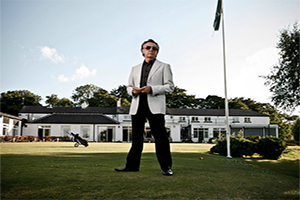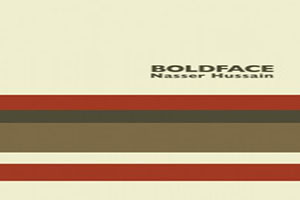Ever wondered what advice you could gain from the most influential poets and writers on the circuit? Would you like to obtain their retrospective pearls of wisdom? Well, luckily enough, Wordlife have asked for you. Hopefully their wise words will inform and inspire. Enjoy.
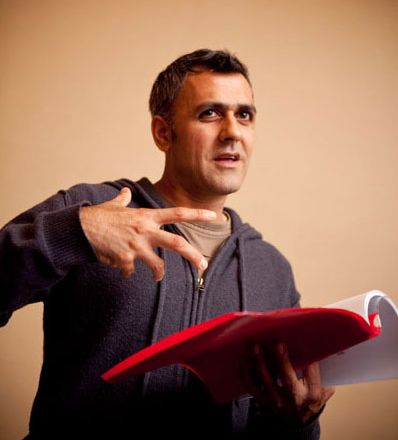
Daljit Nagra is one of Britain’s most innovative poets, and lived in Sheffield as a teenager. The poems he created years later relate to his experience as a British-born Indian, and the issues that Indian Sikhs especially face.
‘It’s worth sending poems out to magazines and using editors as a checking device. If you’ve been rejected, often that means the poem needs editing. Be very thick-skinned when sending things out. Look for advice and critical feedback on your poems, not just “It’s good”, because unless it’s on the level of Shakespeare or Milton it can always be improved.’
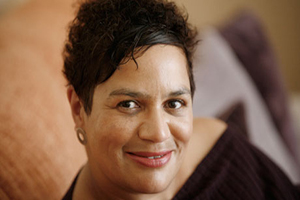
Jackie Kay is a well-loved poet, playwright and novelist from Scotland, her work often revolving around the theme of marginalised voices.
‘I think the writer needs self-doubt and self-confidence in equal measures. Keep your ears and eyes open, because being a writer is a bit like being a spy. Keep a notebook with you at all times and don’t be frightened of failure. That has to be the biggest piece of advice. Being a writer is like being the weather – rainy one minute, sunny the next, but mostly foggy. Mostly dense fog.’
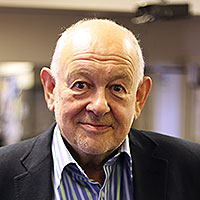
Jonathan Foster is a lecturer at the University of Sheffield’s School of Journalism. As a writer, his professional, transparent style lead him to obtain a number of exclusive political stories in the UK, Northern Ireland and South Africa.
‘You’ll need to learn to think in different idioms than you’re accustomed to, to structure your writing in different ways, so get some training in reporting and editing. And read. One book in particular – Essential English by Harold Evans – should be mandatory for anyone wanting to communicate, let alone become a journalist or writer.’
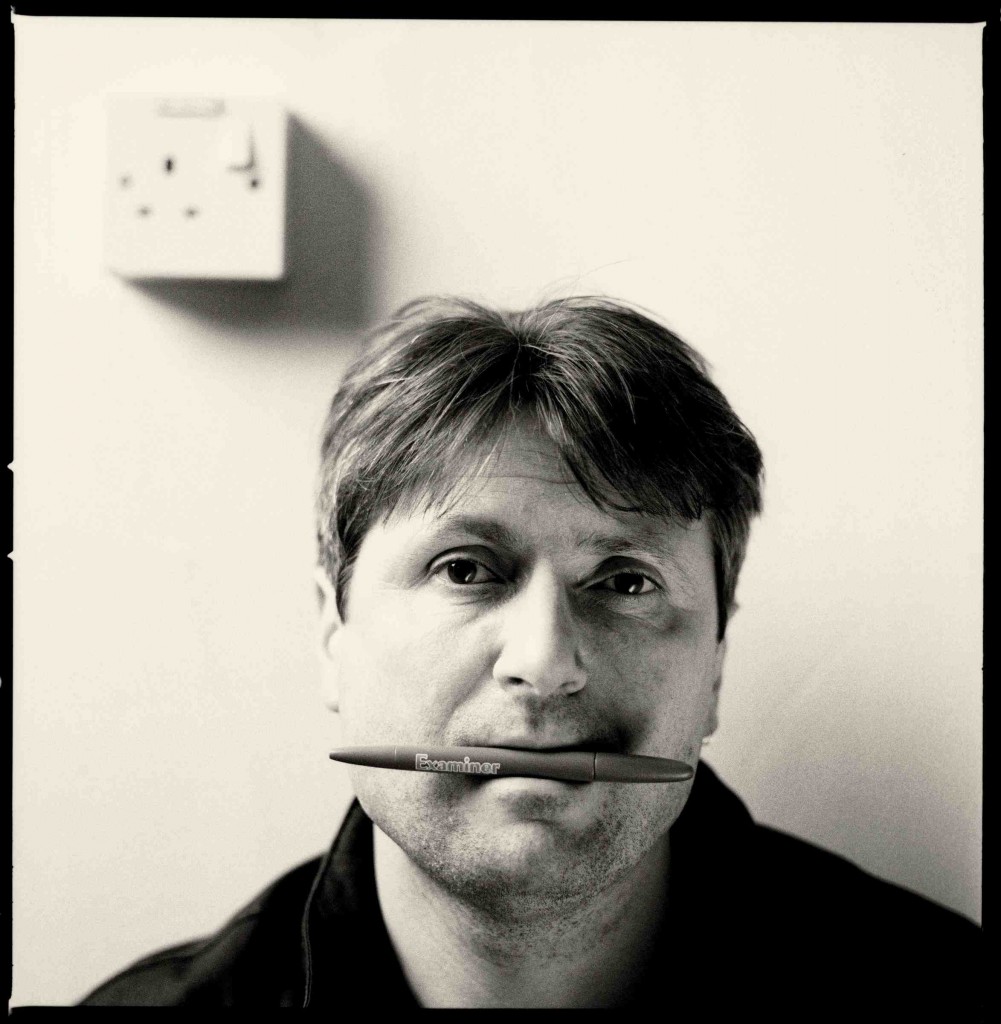
Simon Armitage is a well-loved British poet and playwright, and is currently the resident poet for the University of Sheffield.
‘Find 5 or 6 ‘gods’ to know intimately, that you can quote; whose style and techniques they can absorb and become part of their own way of constructing poems. There’s a whole world of poetry on the Internet now. I’m sure there’s tons of stuff that you can get involved with in your own back bedroom. It’s good to be around other poets and someone’s spell you can fall under.’
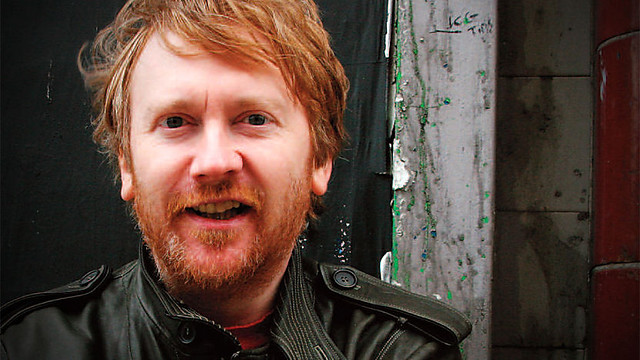
Paul Farley is a Liverpudlian writer and broadcaster, whose focus incorporates his native city, and the power of humour. He describes poetry as ‘a long word that can be stretched’.
‘You’re either going to do it or not in a way. Read wildly and adventurously. It’s important to fall in love with a kind of poetry or poet. If you don’t have that relationship, which is almost like a love affair- and you often end up hating what sparked with you early on. You’re only going to fall in love by reading a lot, and reading outside of your comfort zone.’
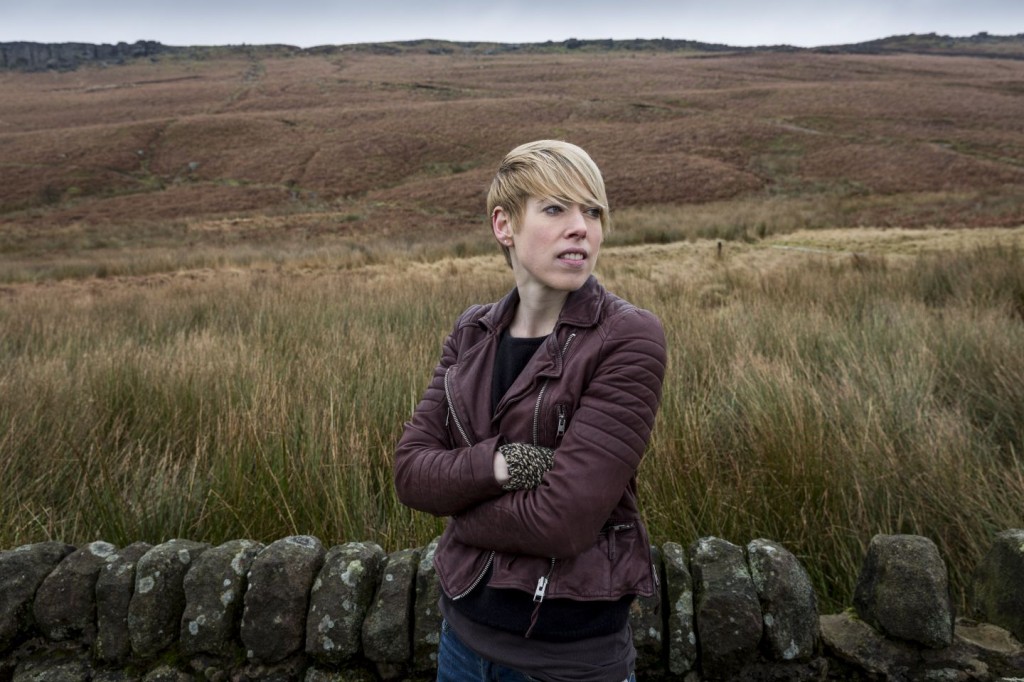
Helen Mort is born and bred in Sheffield. Her collection, ‘Division Street’, was shortlisted for the T.S. Eliot Prize and the Costa Prize.
‘Read wildly and read with love. And reading doesn’t have to mean on the page; go to things, hear things. Also, don’t be too afraid to trust your own writing and your voice. You do need to listen to what other people say, and editing is crucial, but at first I think it’s more important to work out what you want to say and care about. And worry about audience afterwards.’
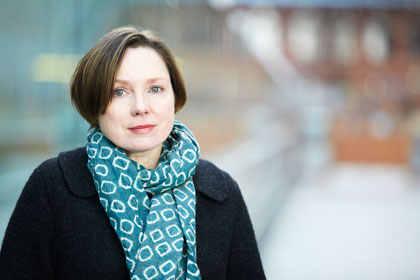
Poet Lavinia Greenlaw’s career has spread through diverse areas, working for radio, and holding residencies at the Science Museum, the Royal Society of Medicine and as the Professor of Creative Writing at the University of East Anglia.
‘Read the foreign and the dead, and try to work on paper. Read people who are nothing like yourself, or who you aspire to be. Learn to attend to where the poem comes from in yourself, and what to do with that. And don’t be afraid of learning to name the parts. It’s like being a car mechanic; you need to say, ‘that’s the bit that’s gone wrong, and this is how we fix it’.’
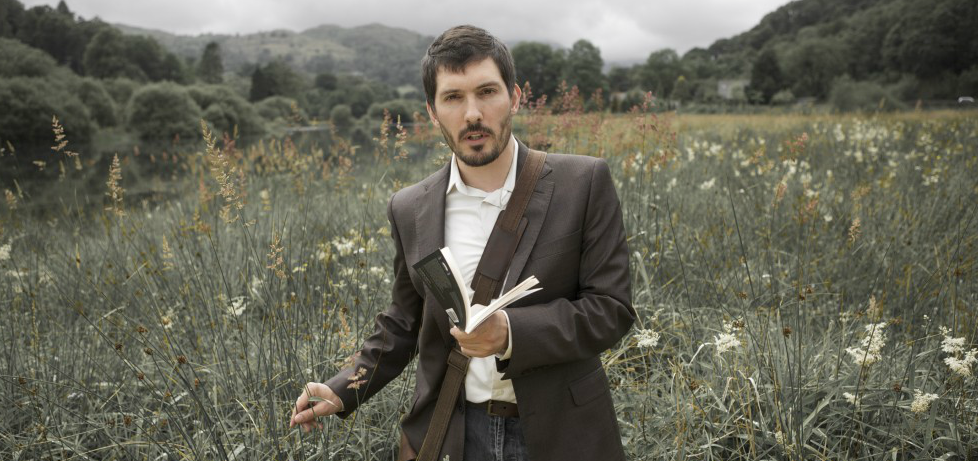
Jacob Polley was born in Carlisle, and is known for his intense and compelling poetry. His work focuses on the loss of innocence, his form quick with humour and heartfelt in confession.
‘Read. Read. Read, read read. That’s all.’
Our next events are the 17th October at Graves Gallery, 31st October at the Barnsley Civic and 1st November at the Queens Social Club.
For Word Life events, open mics and information how to get involved, visit wordlife.co.uk, or email us at wordlife@nowthenmagazine.com
Compilation by Joe Kriss, Sam Fielding and Sara Hill.

